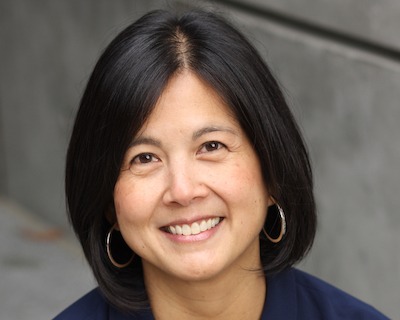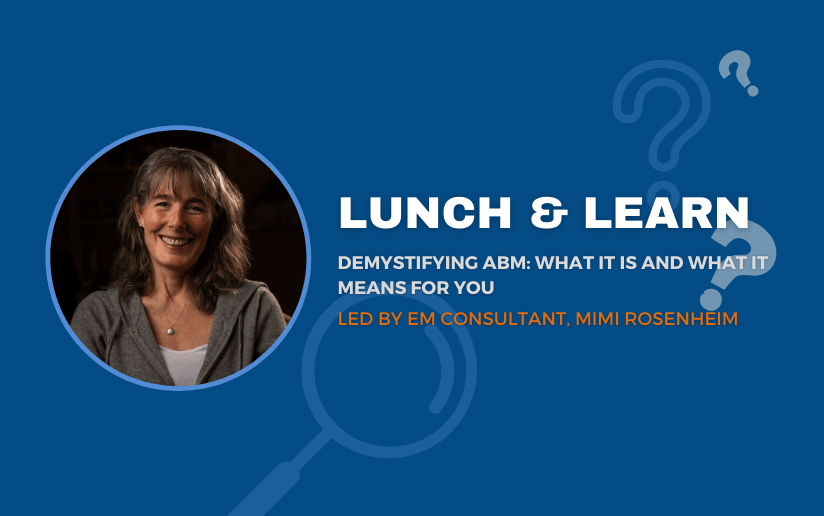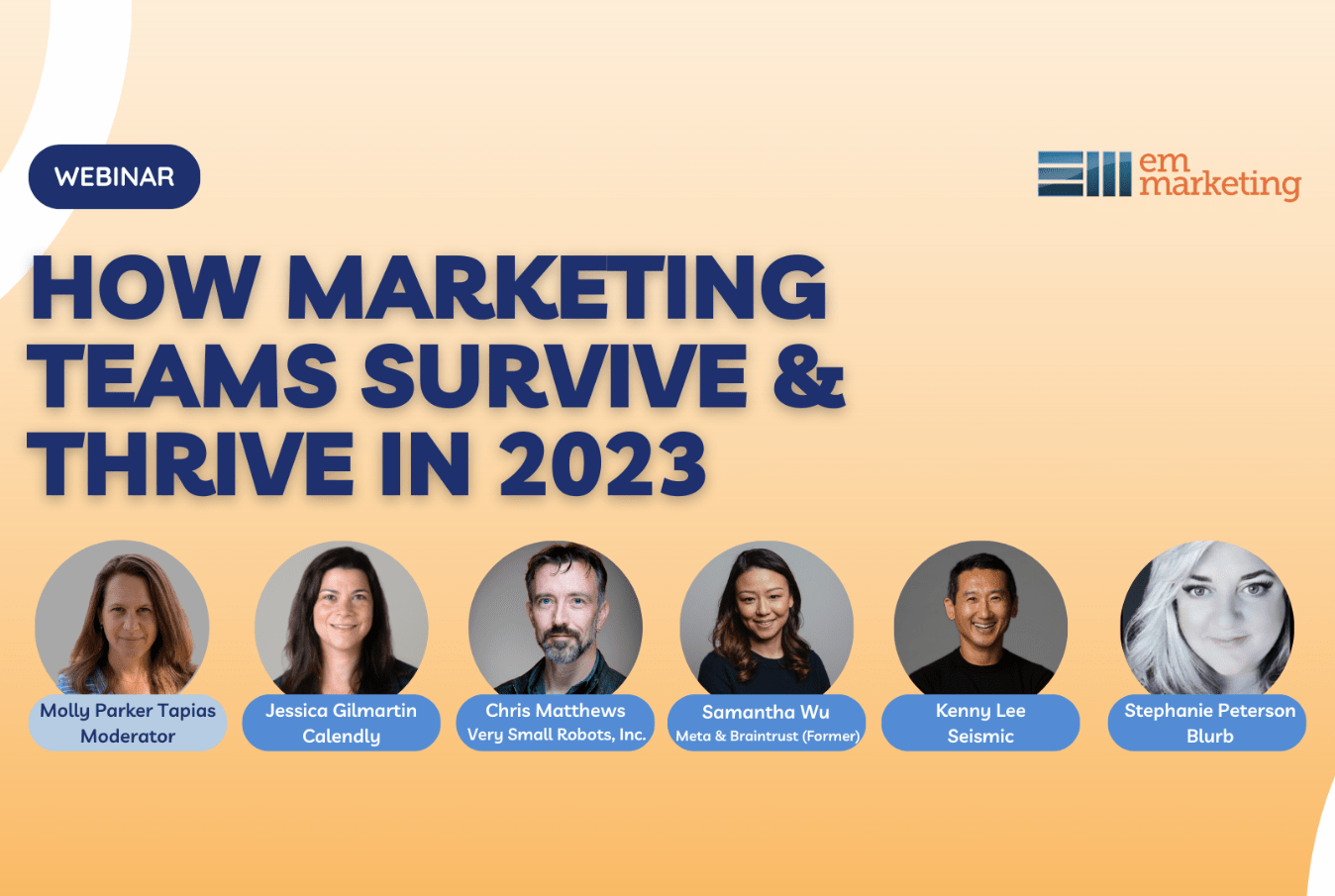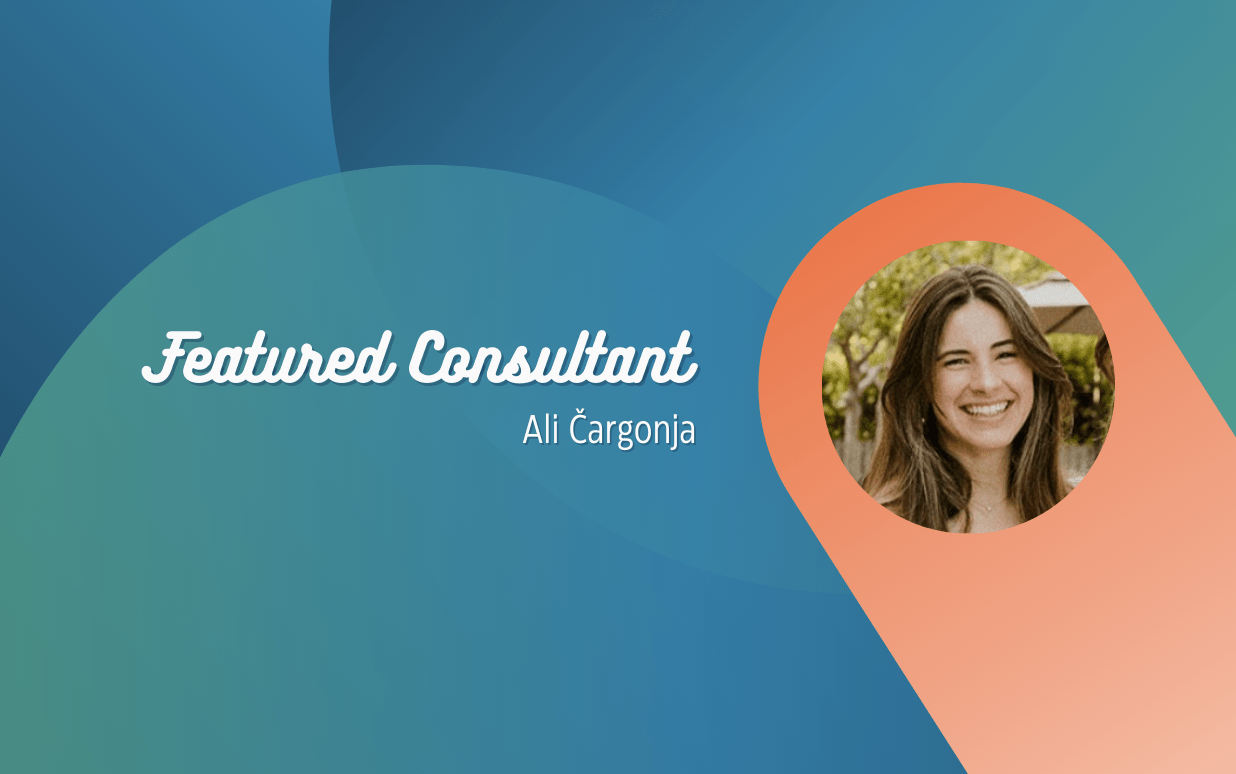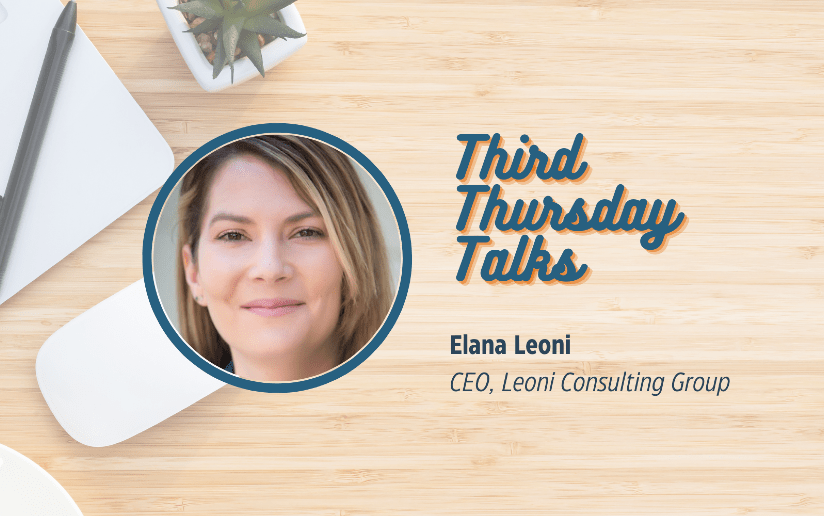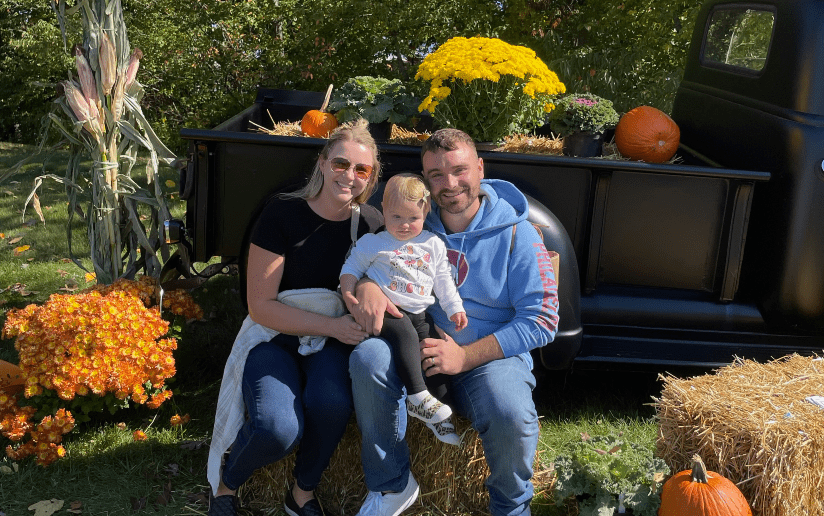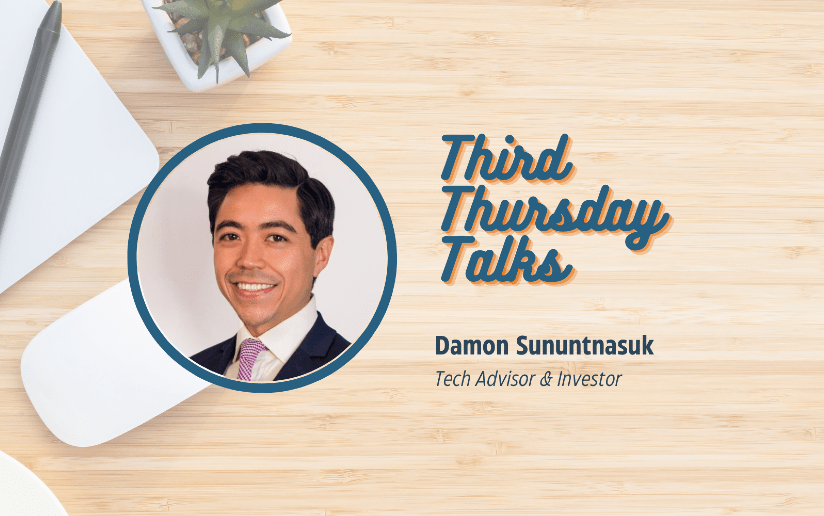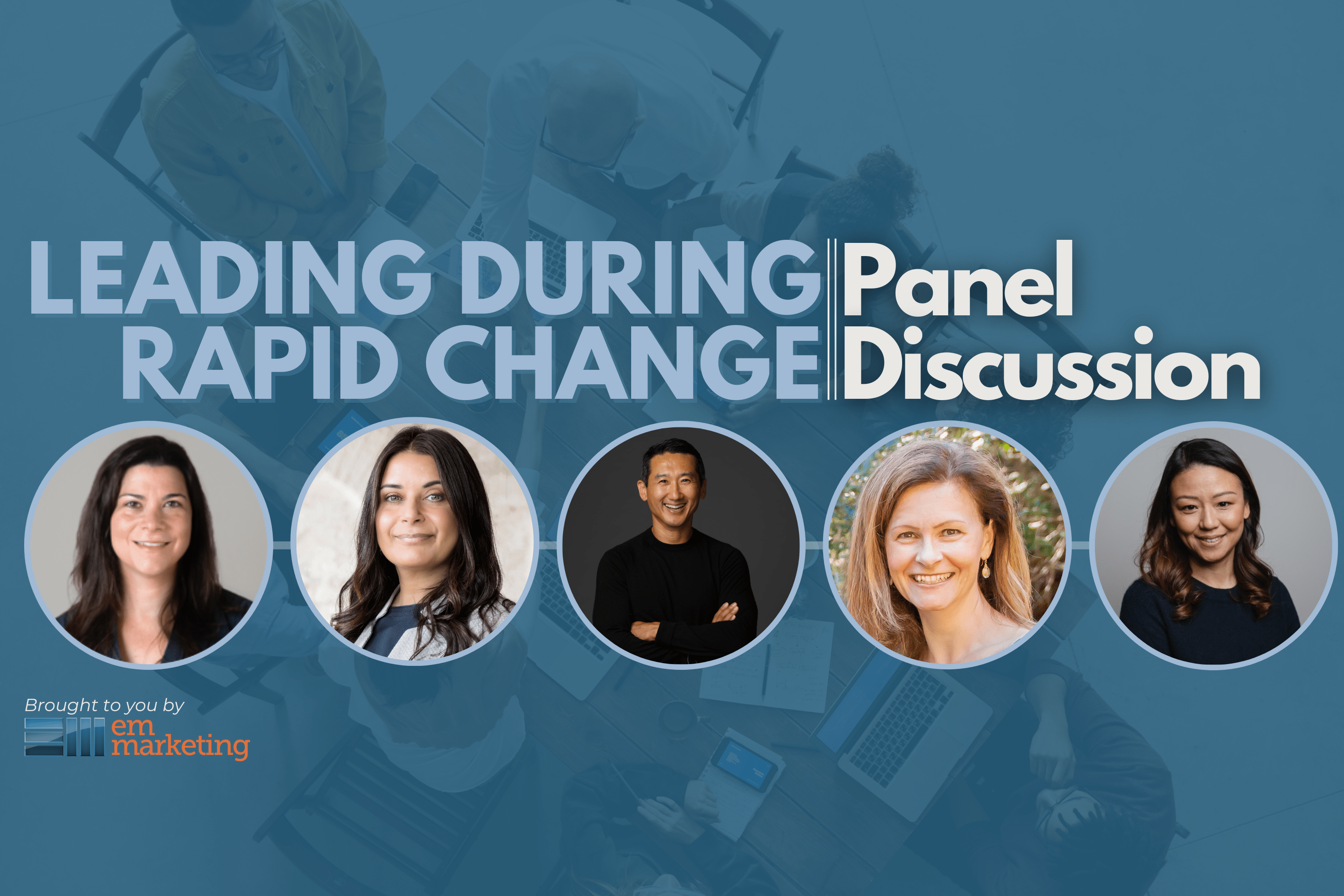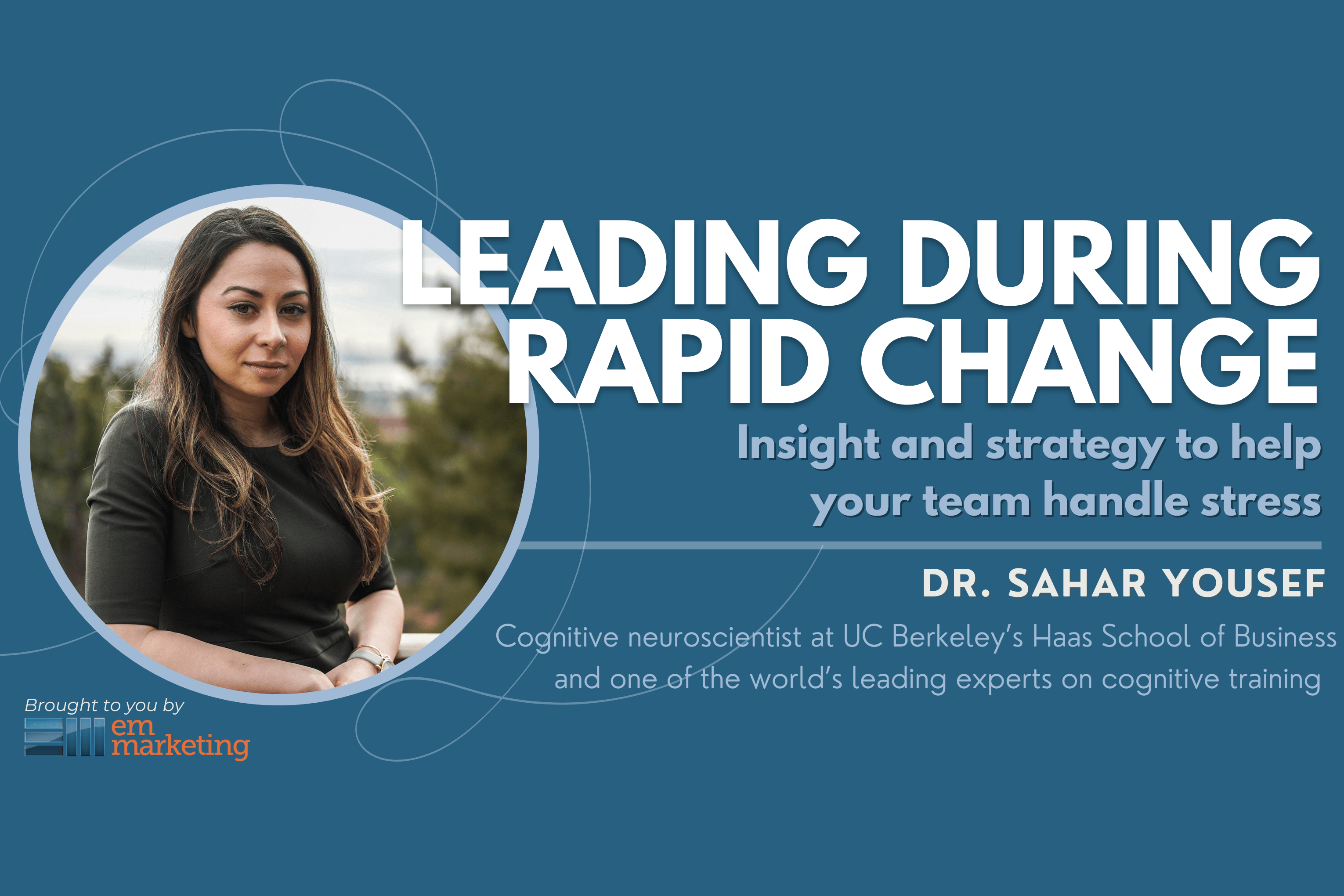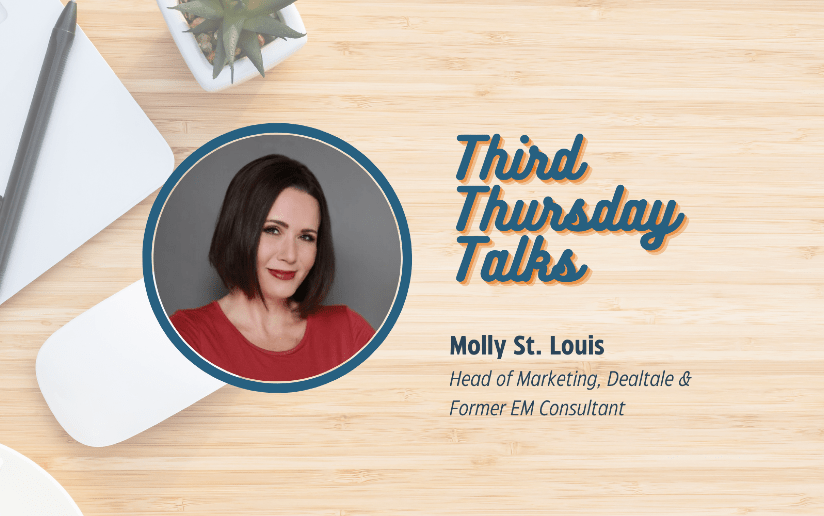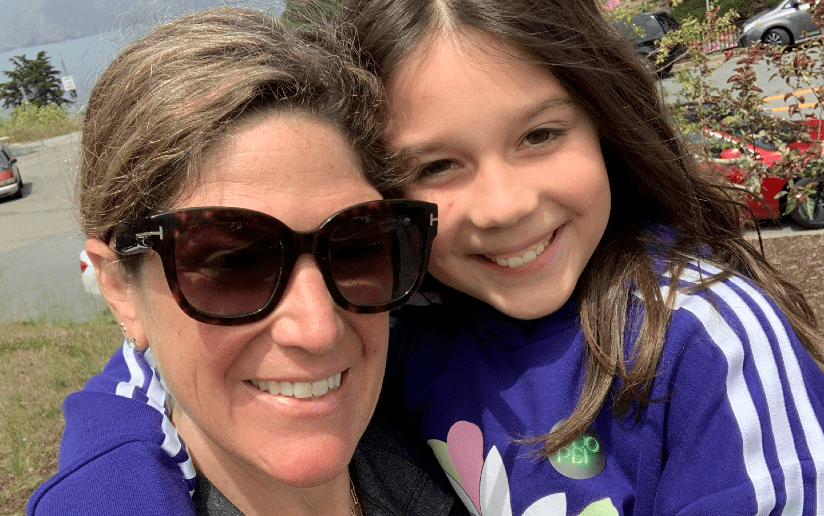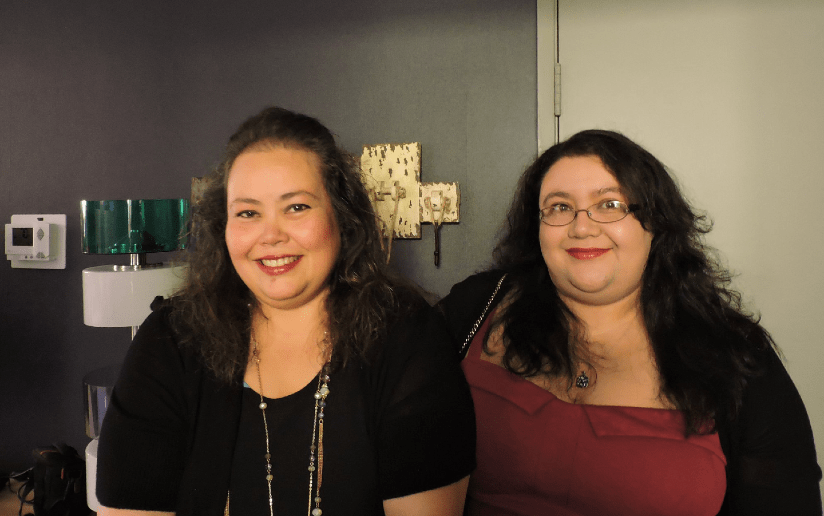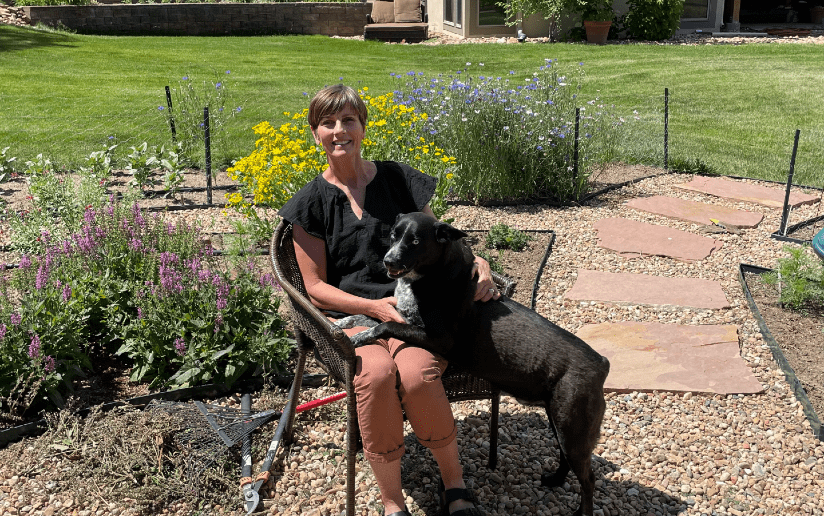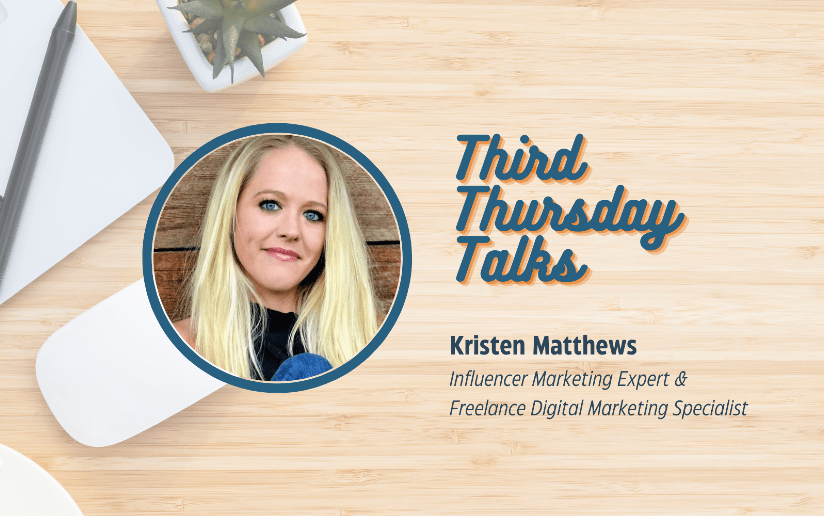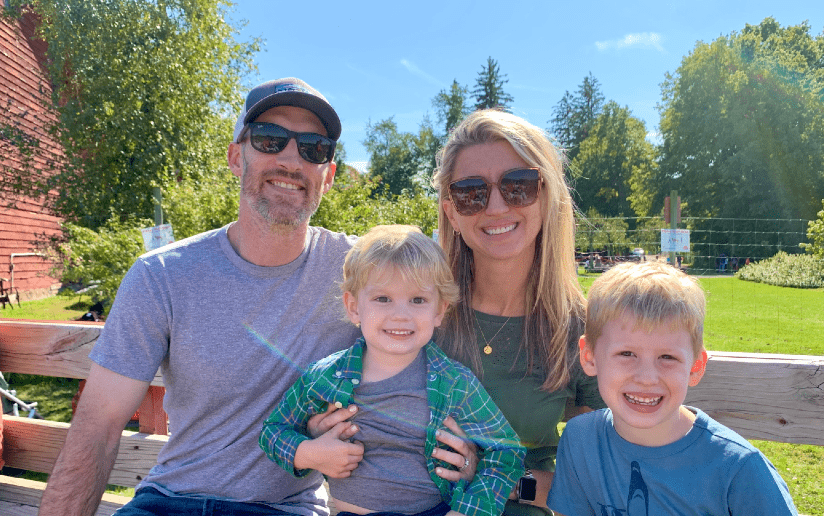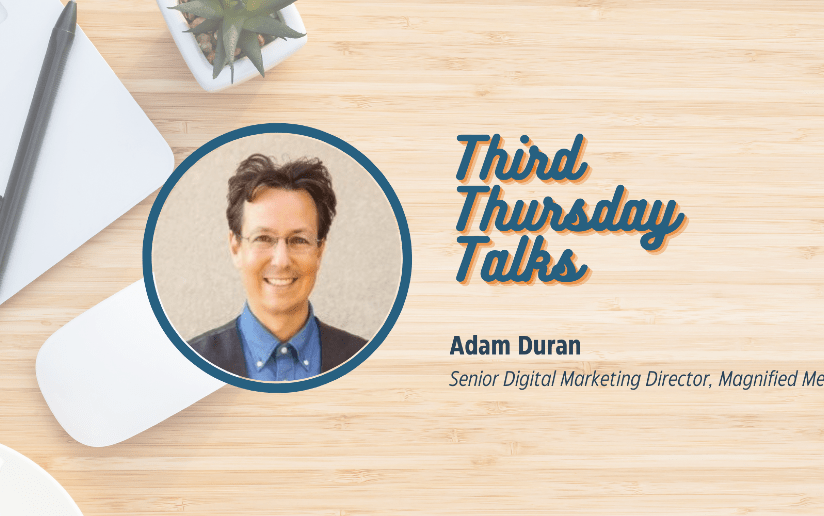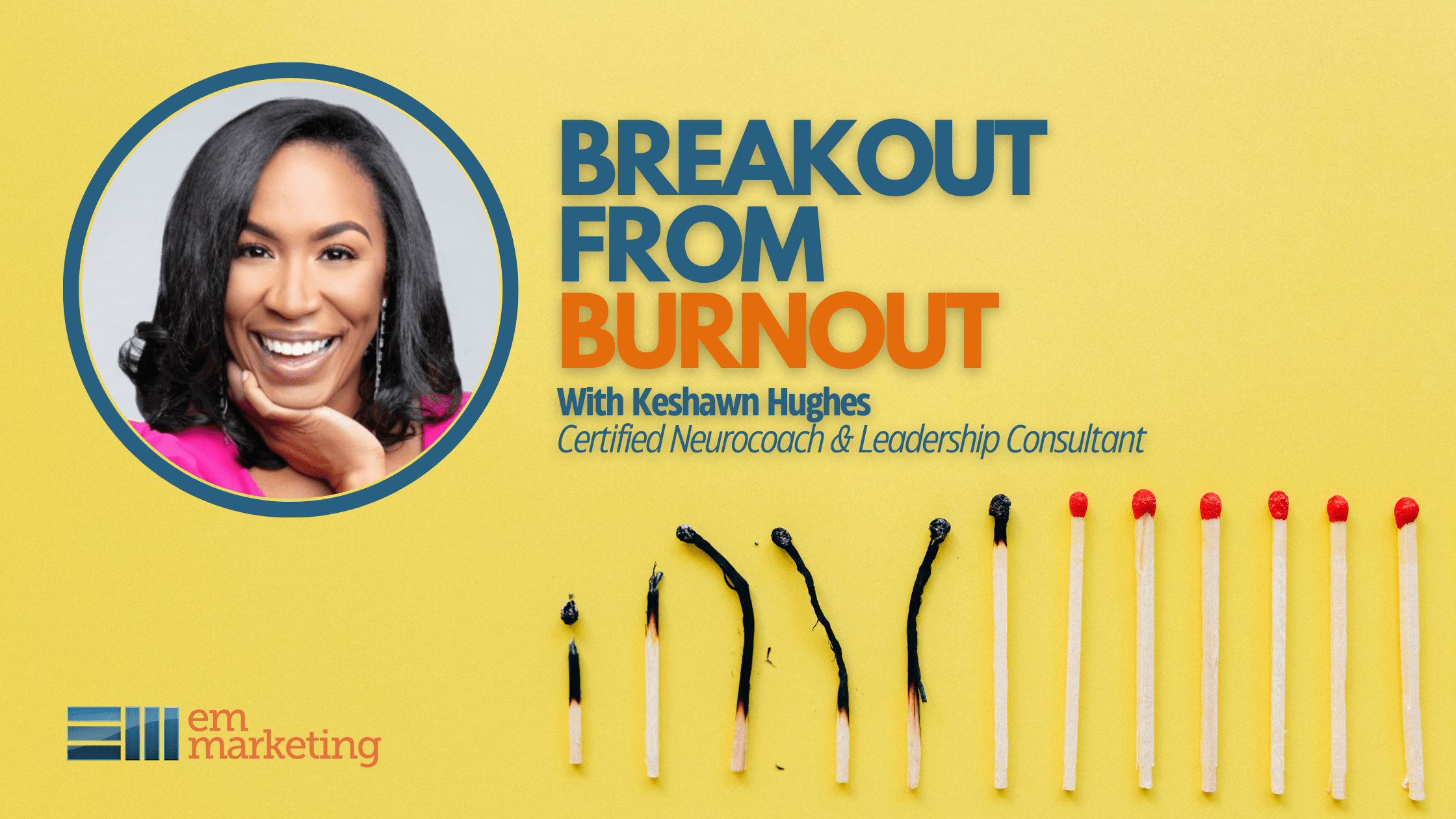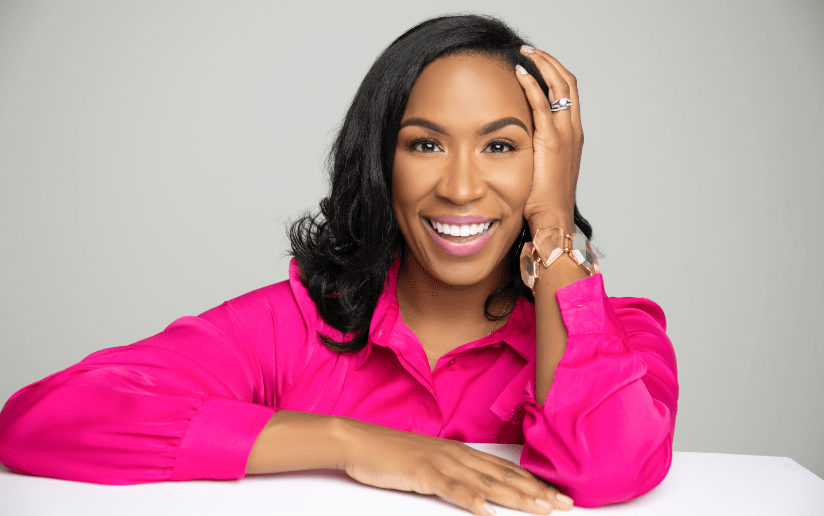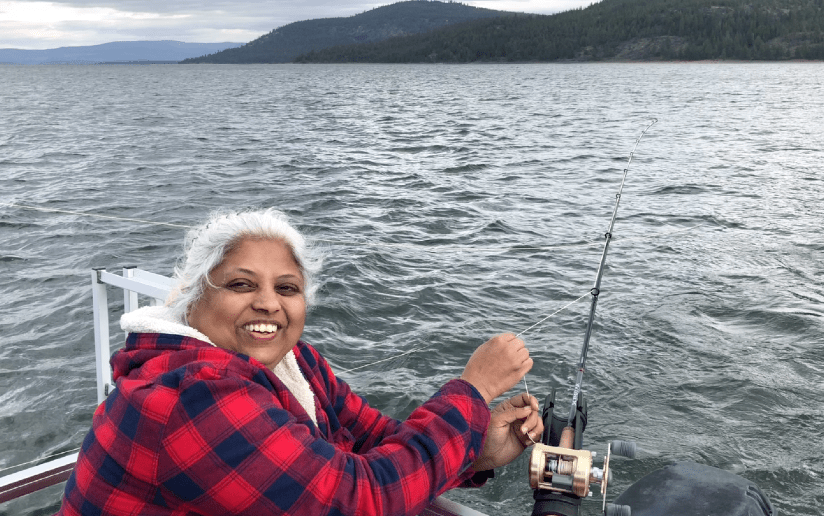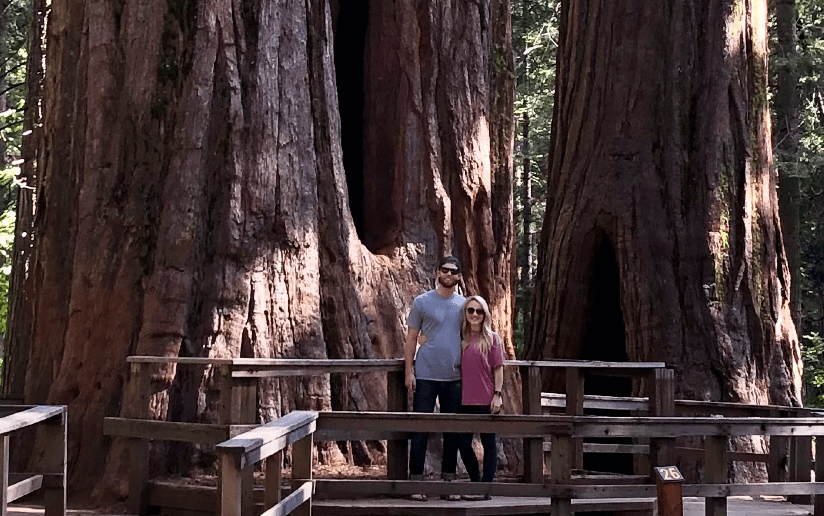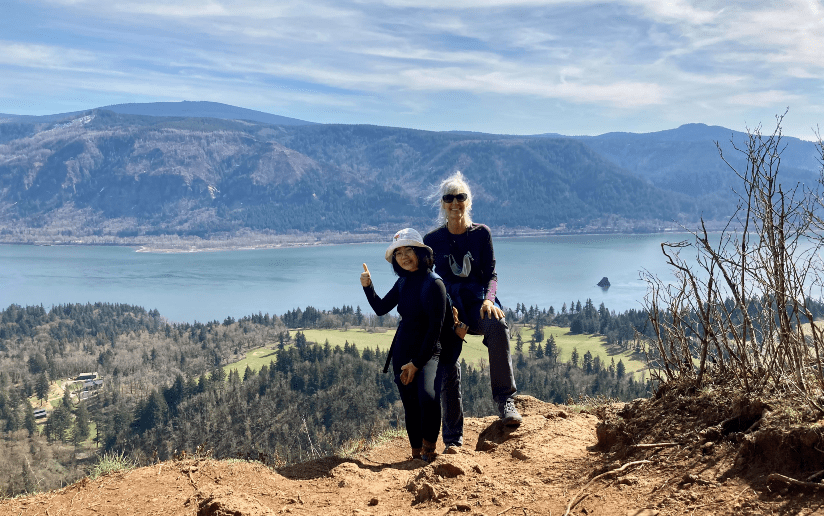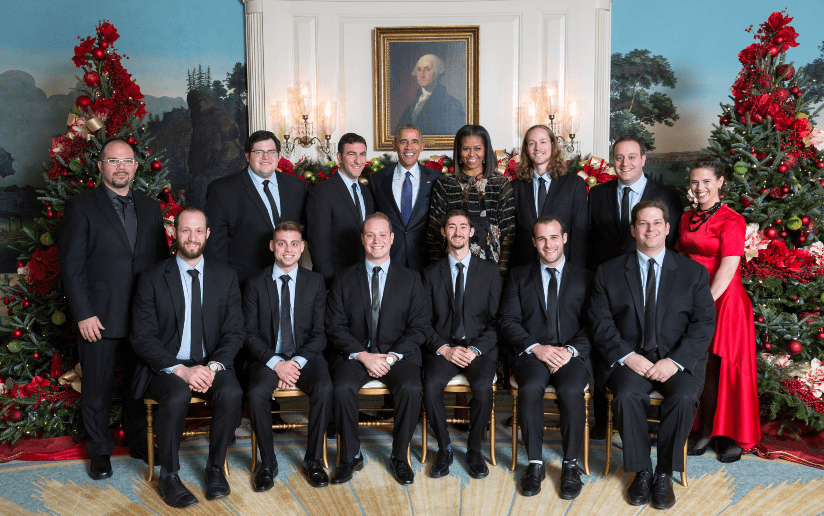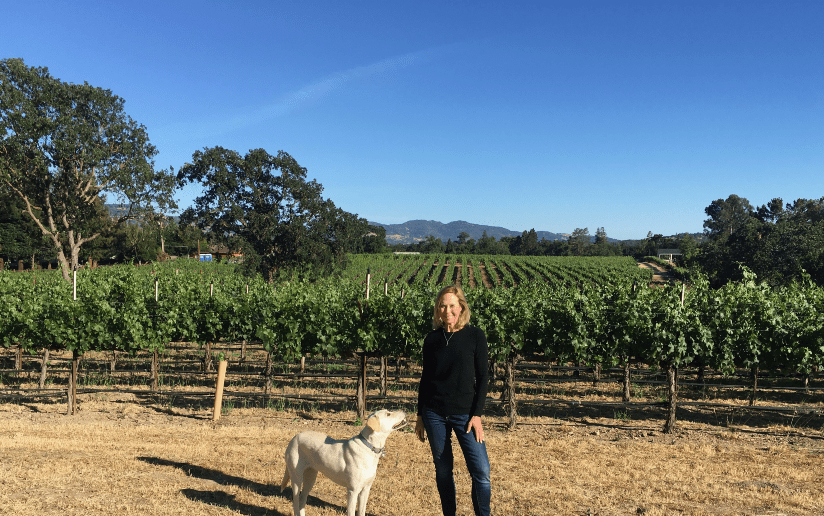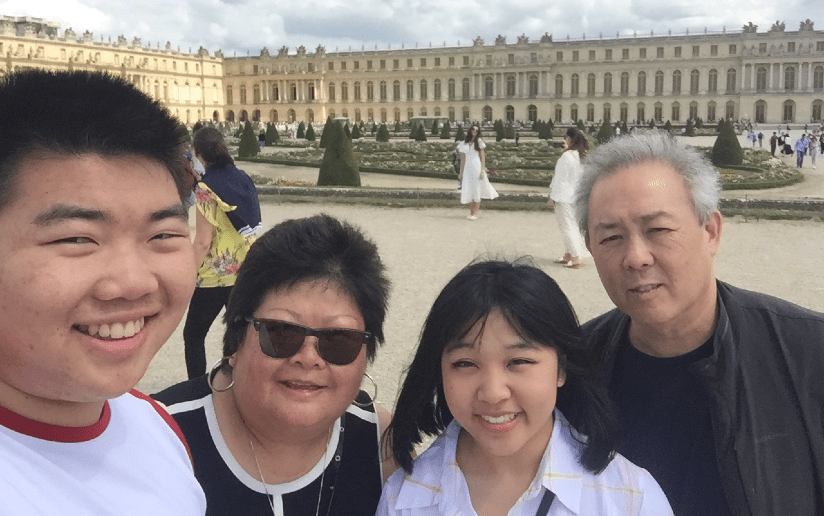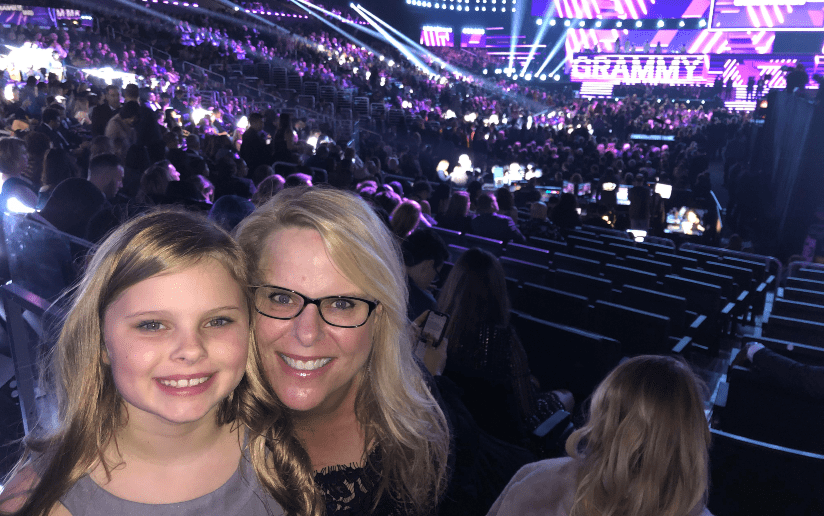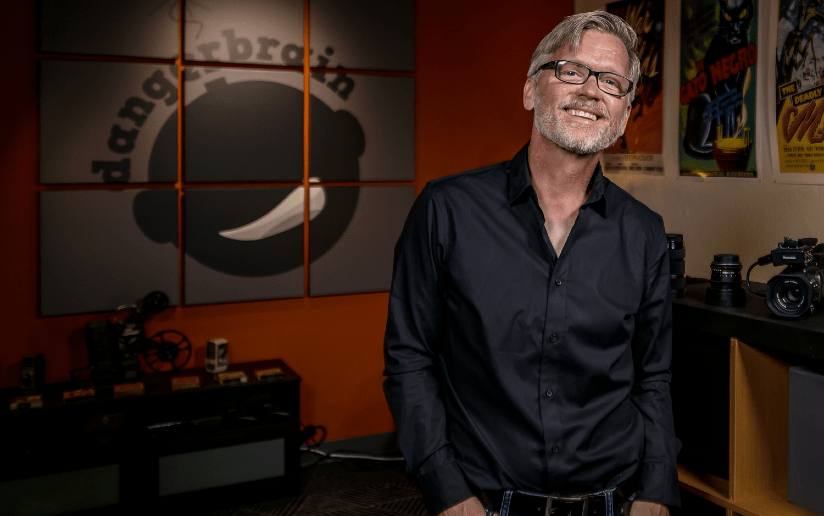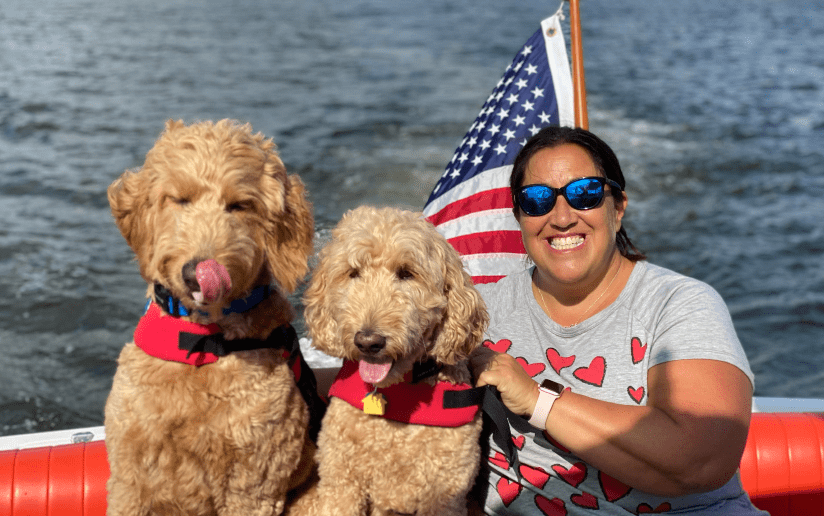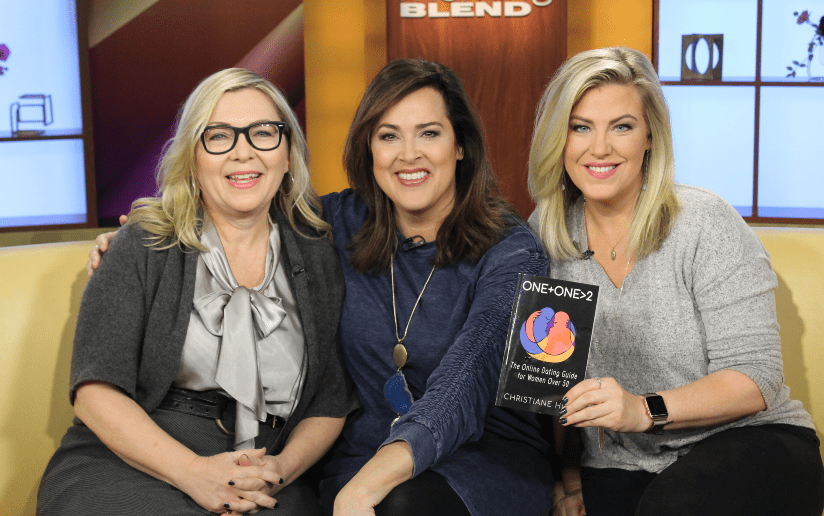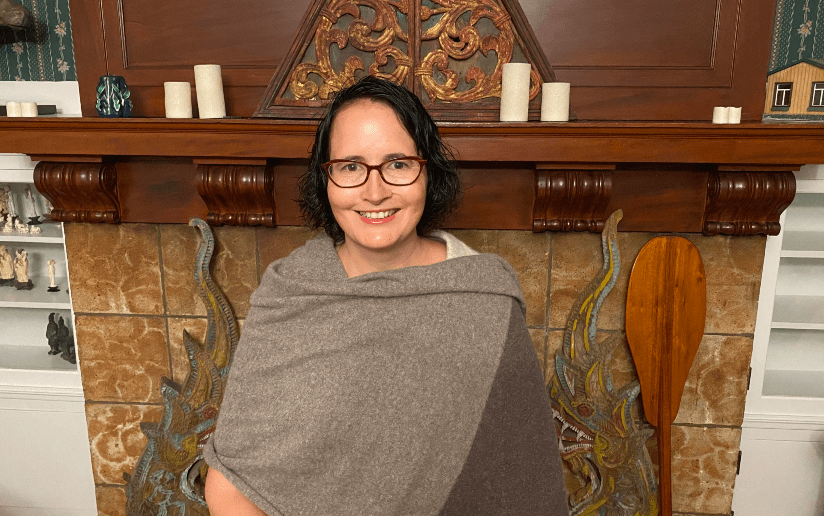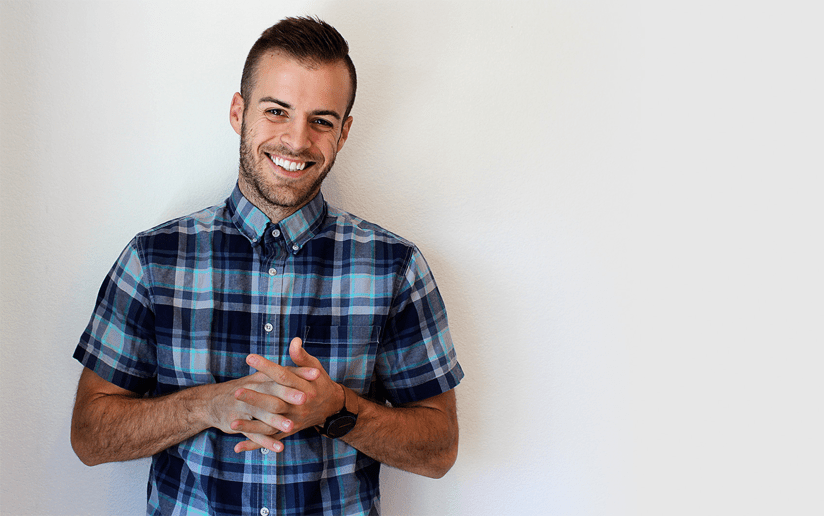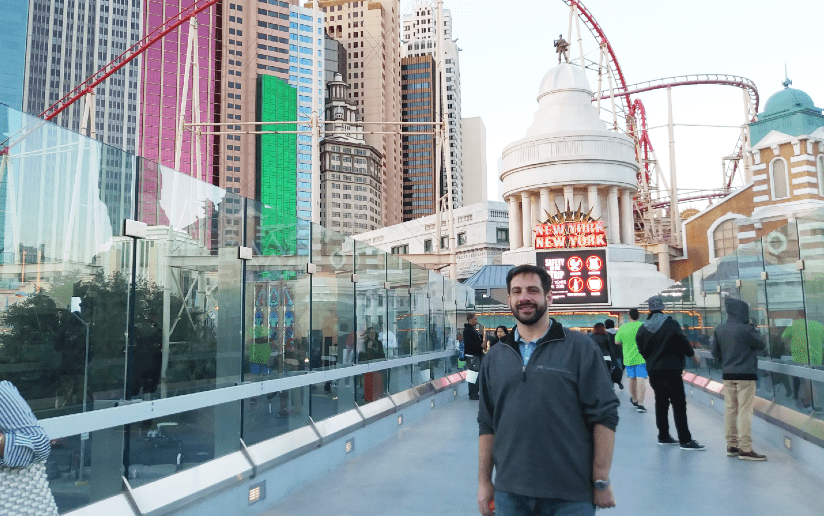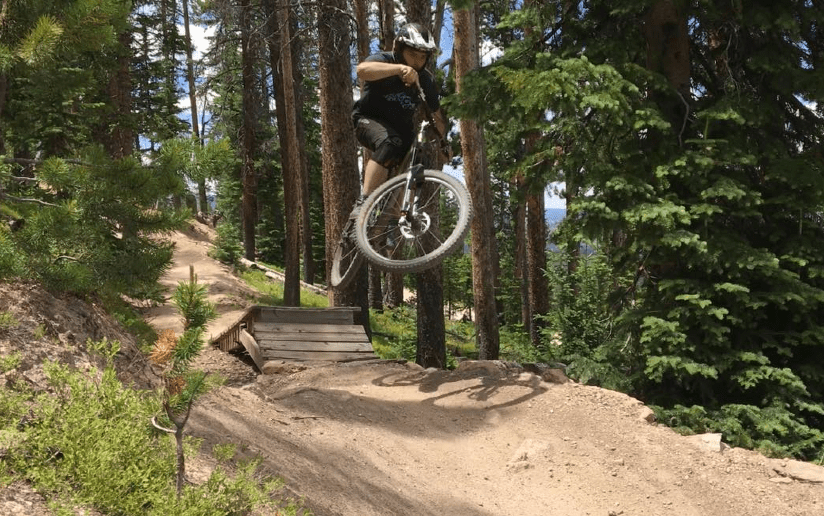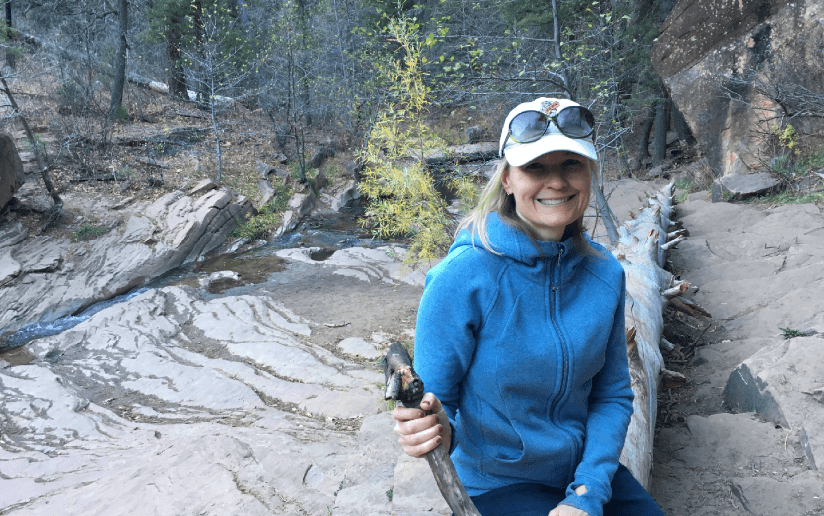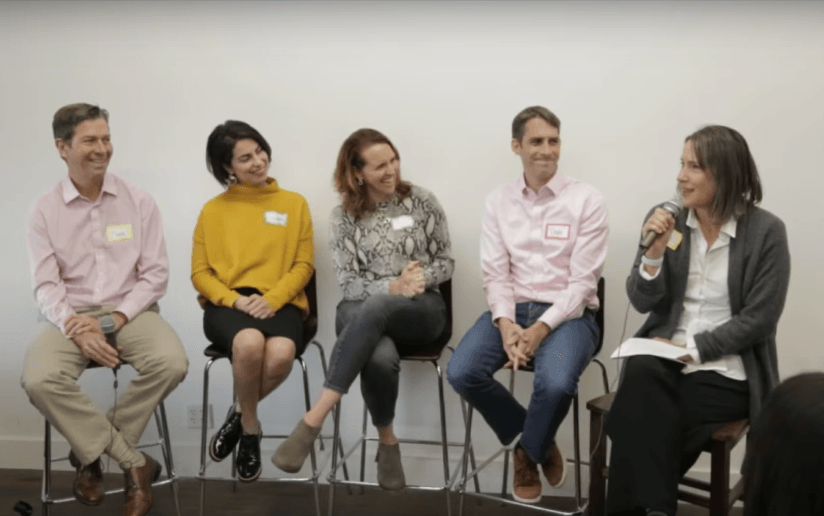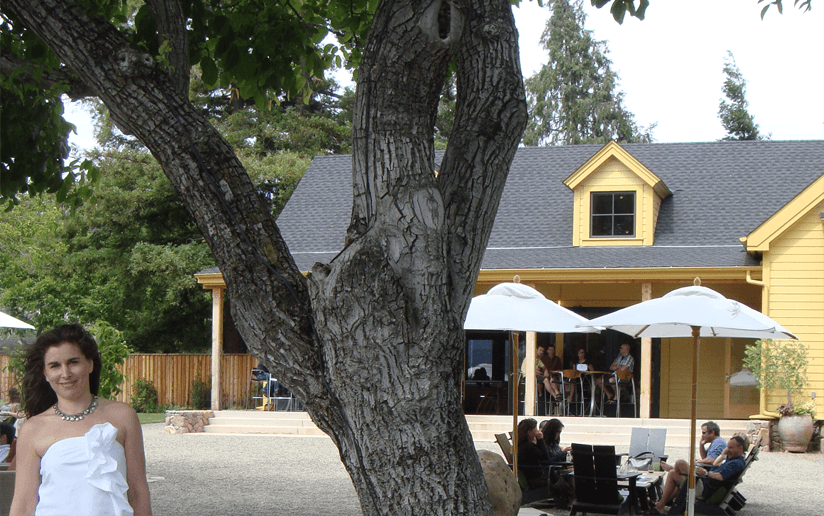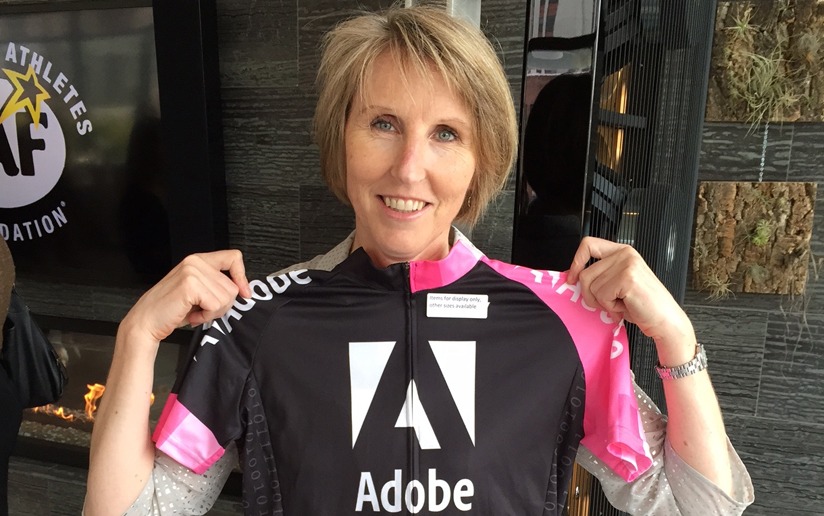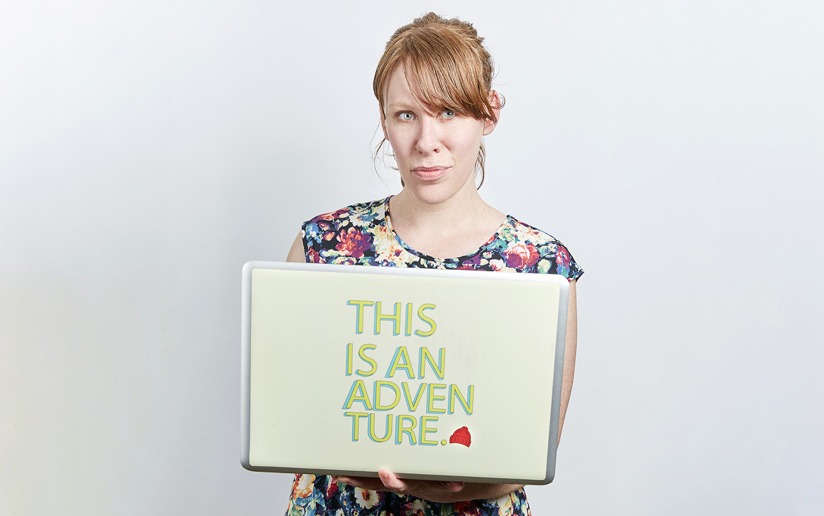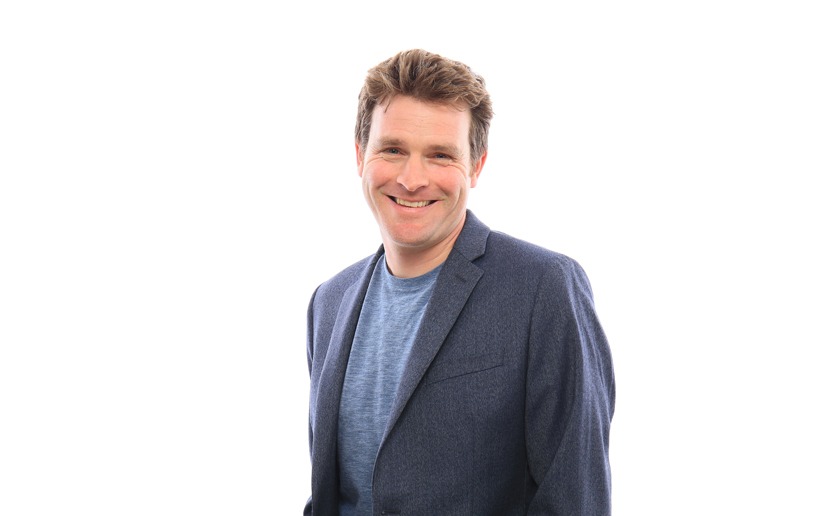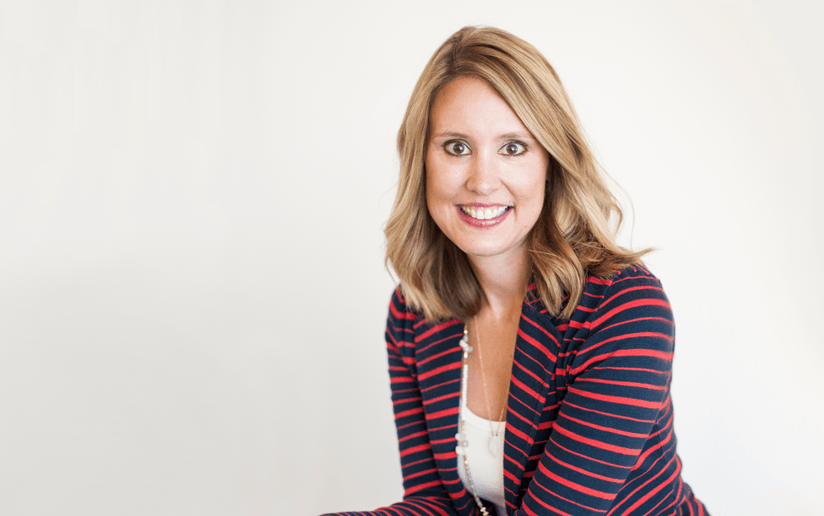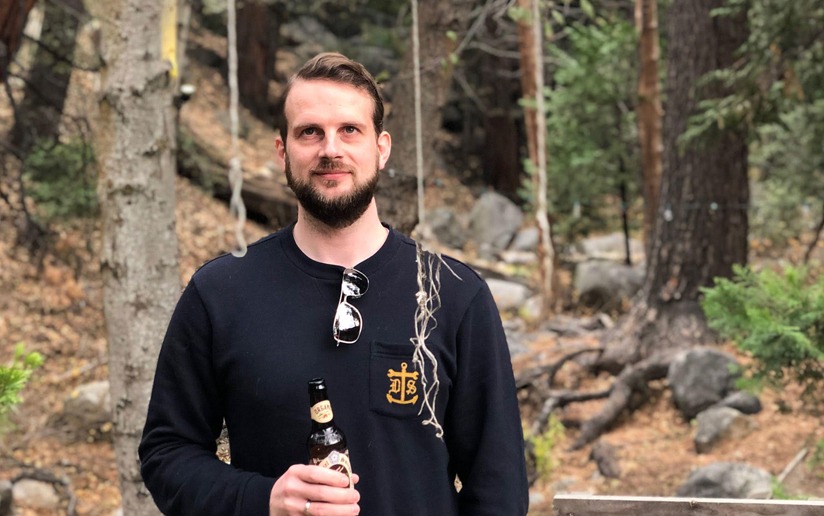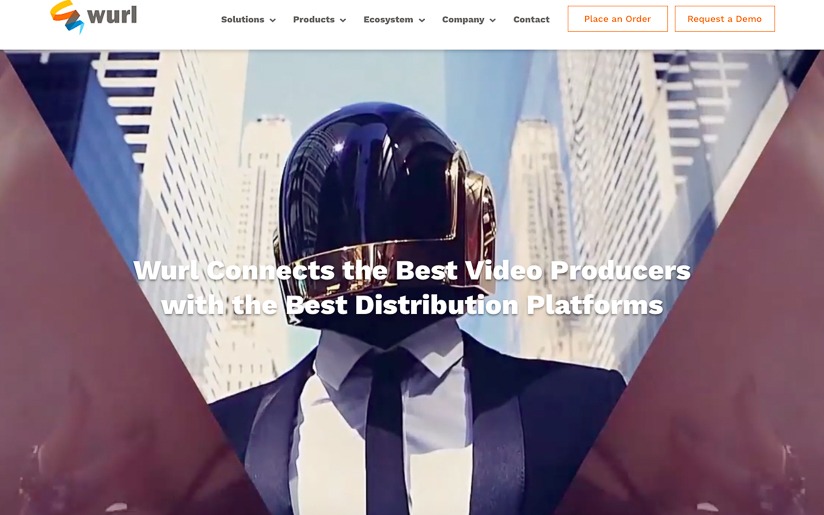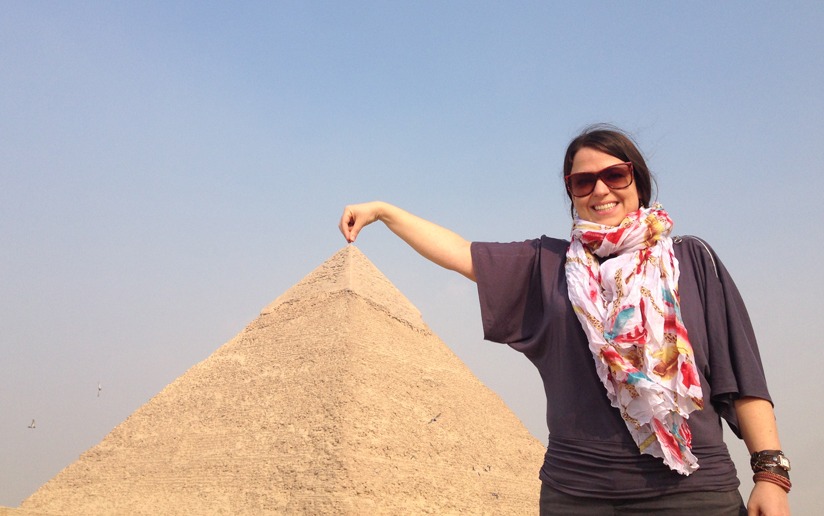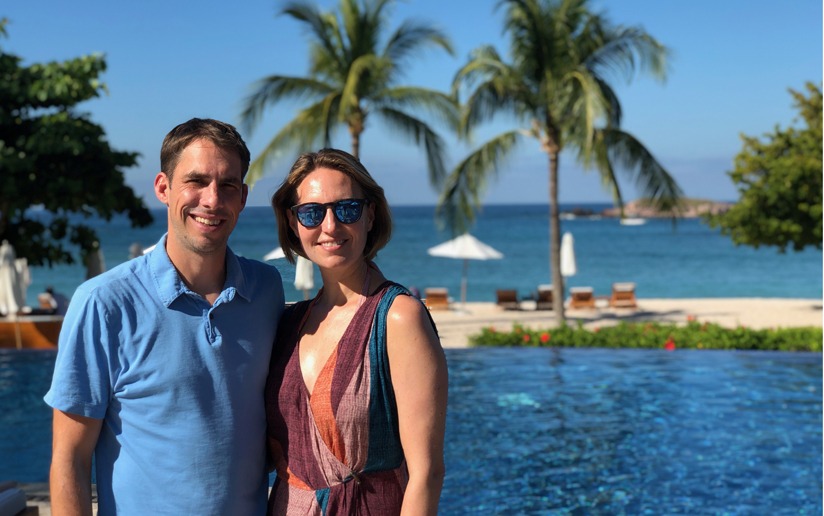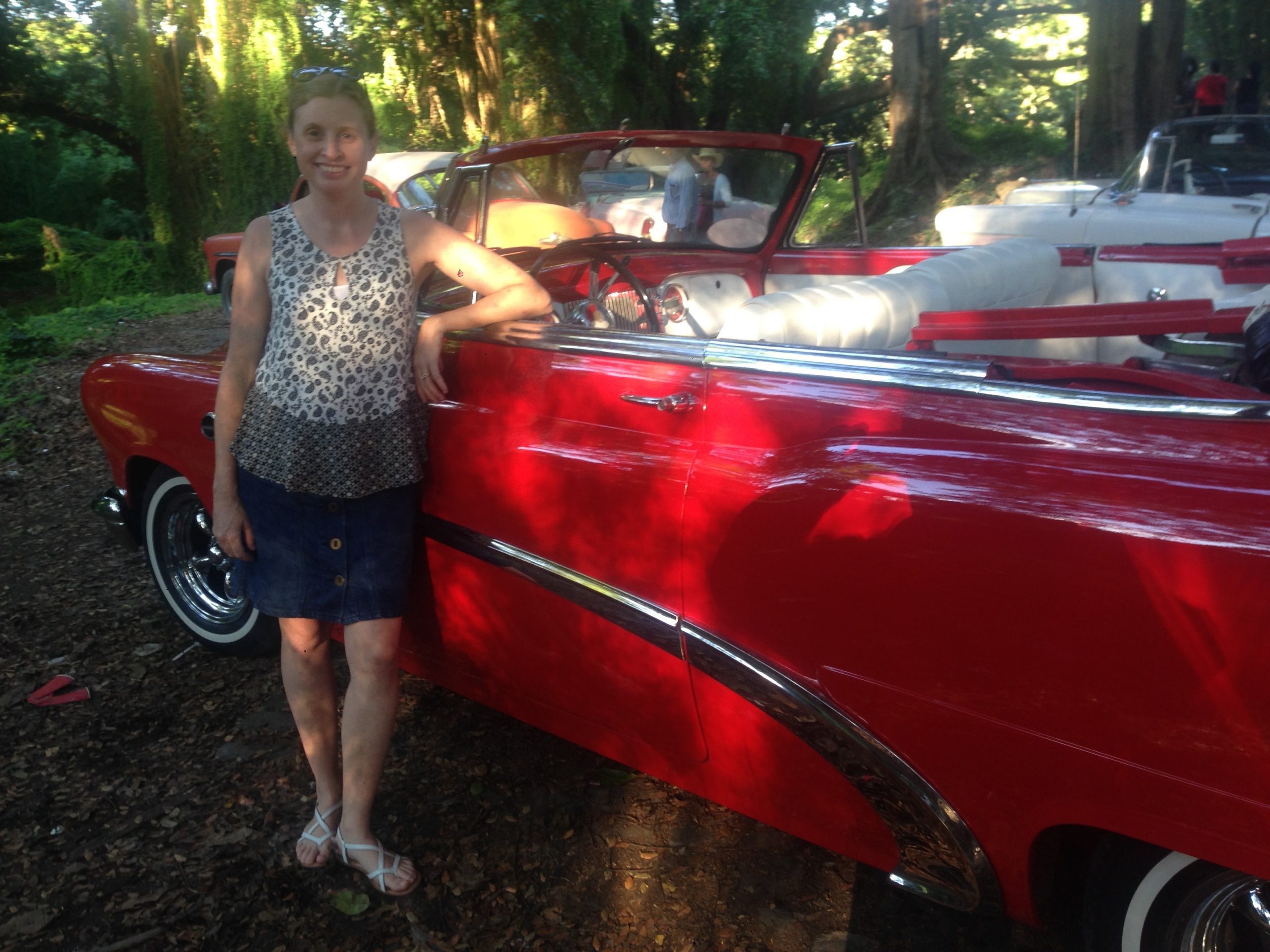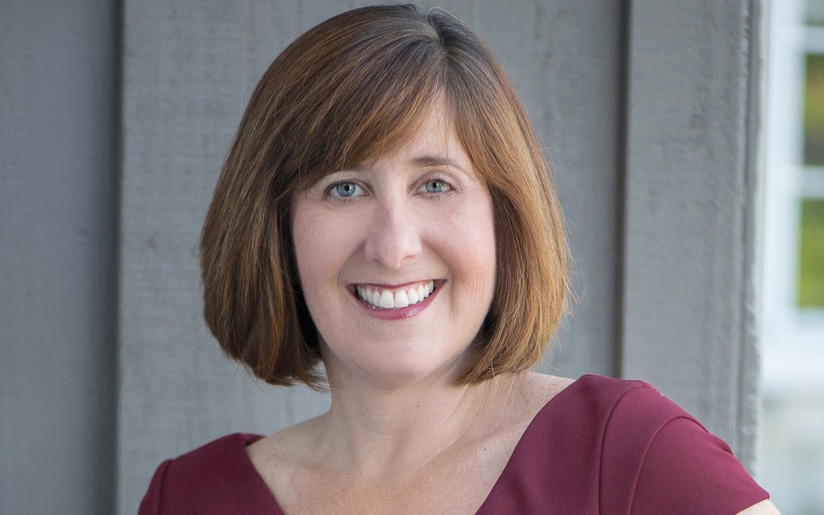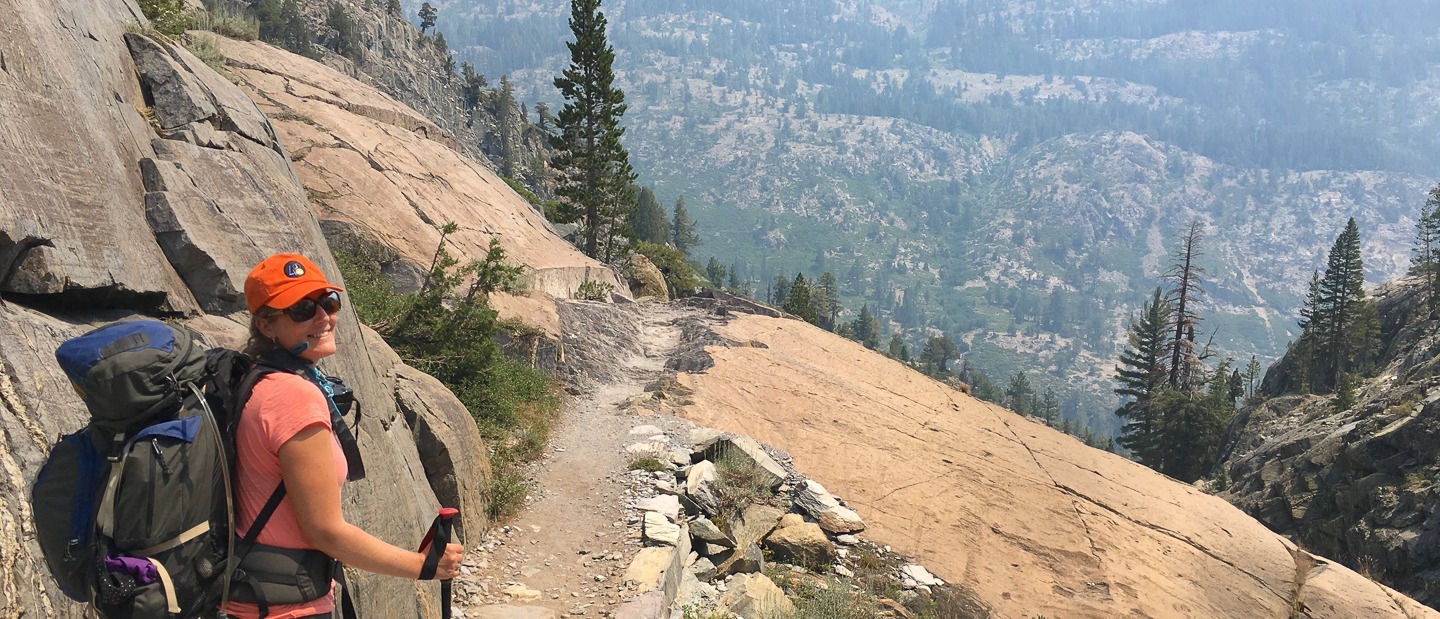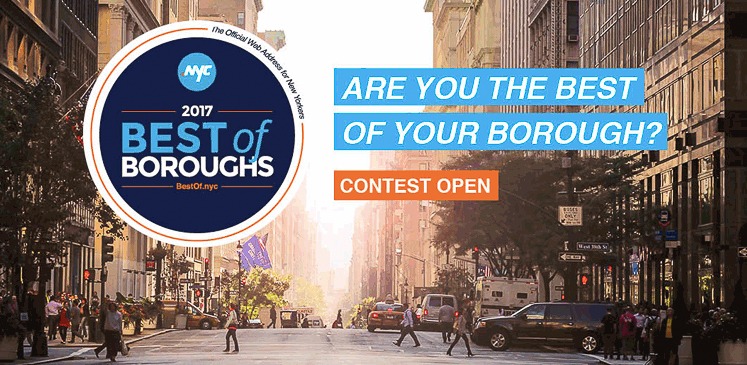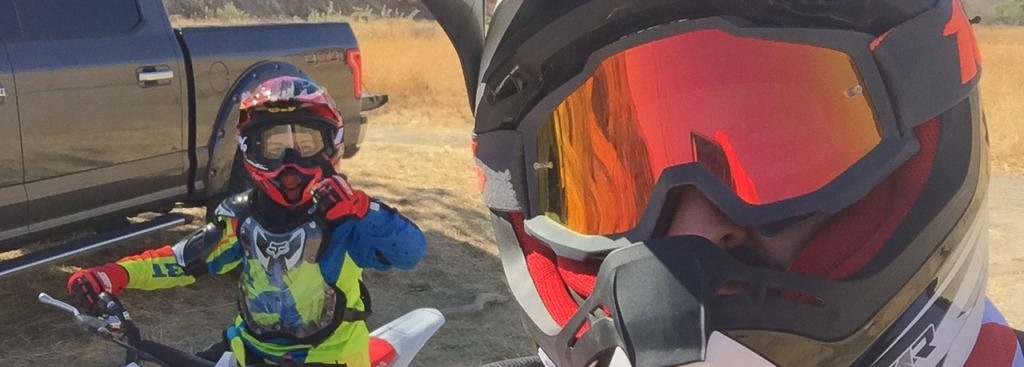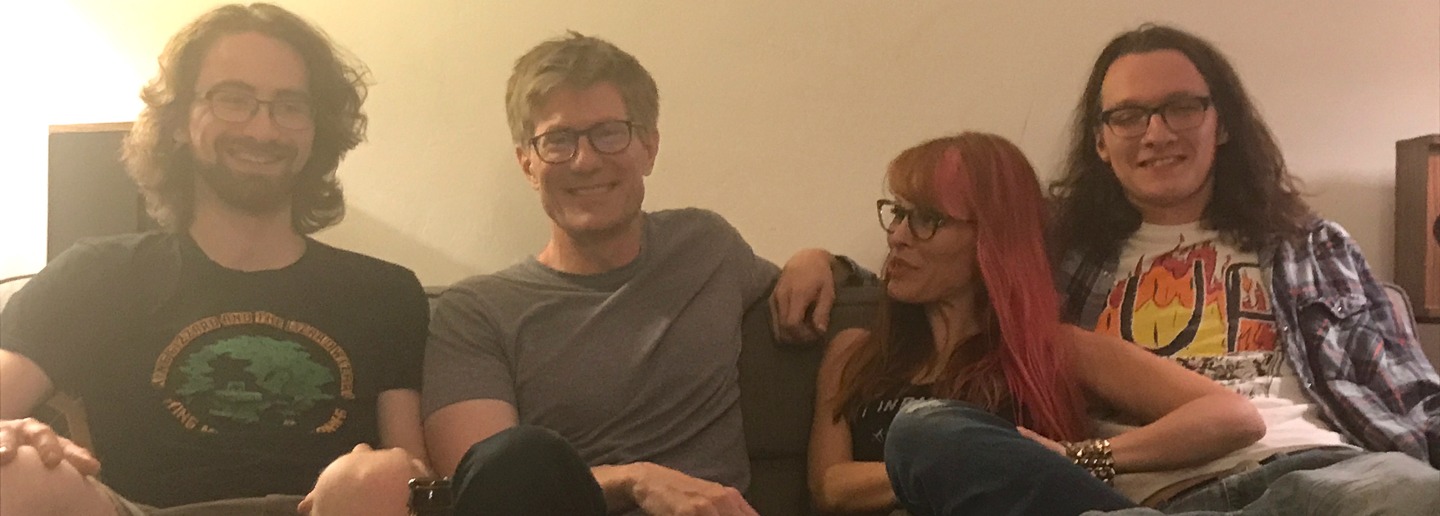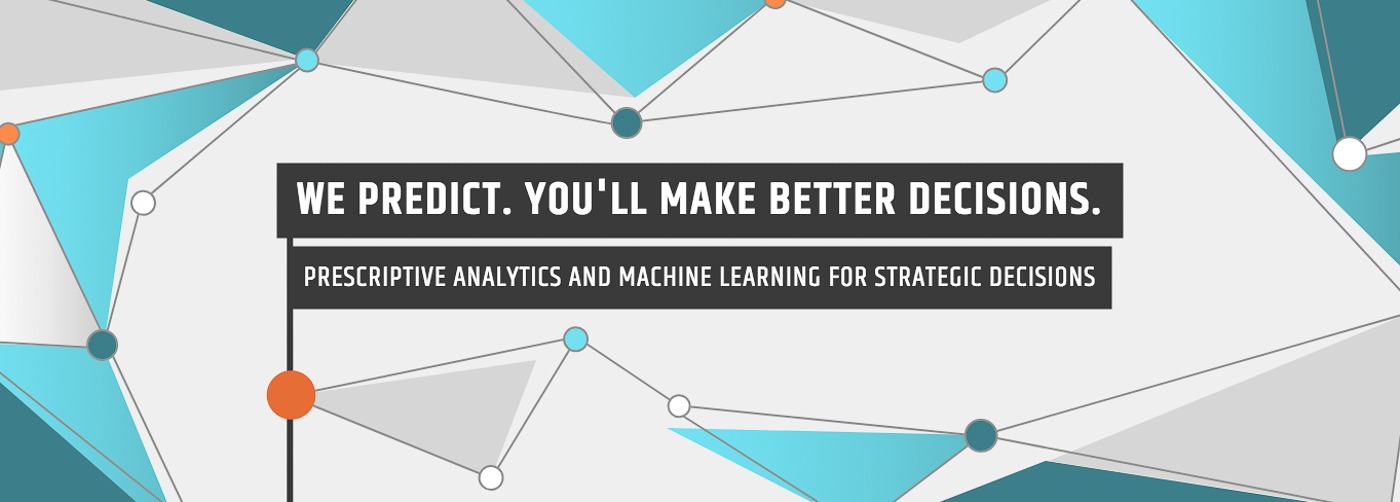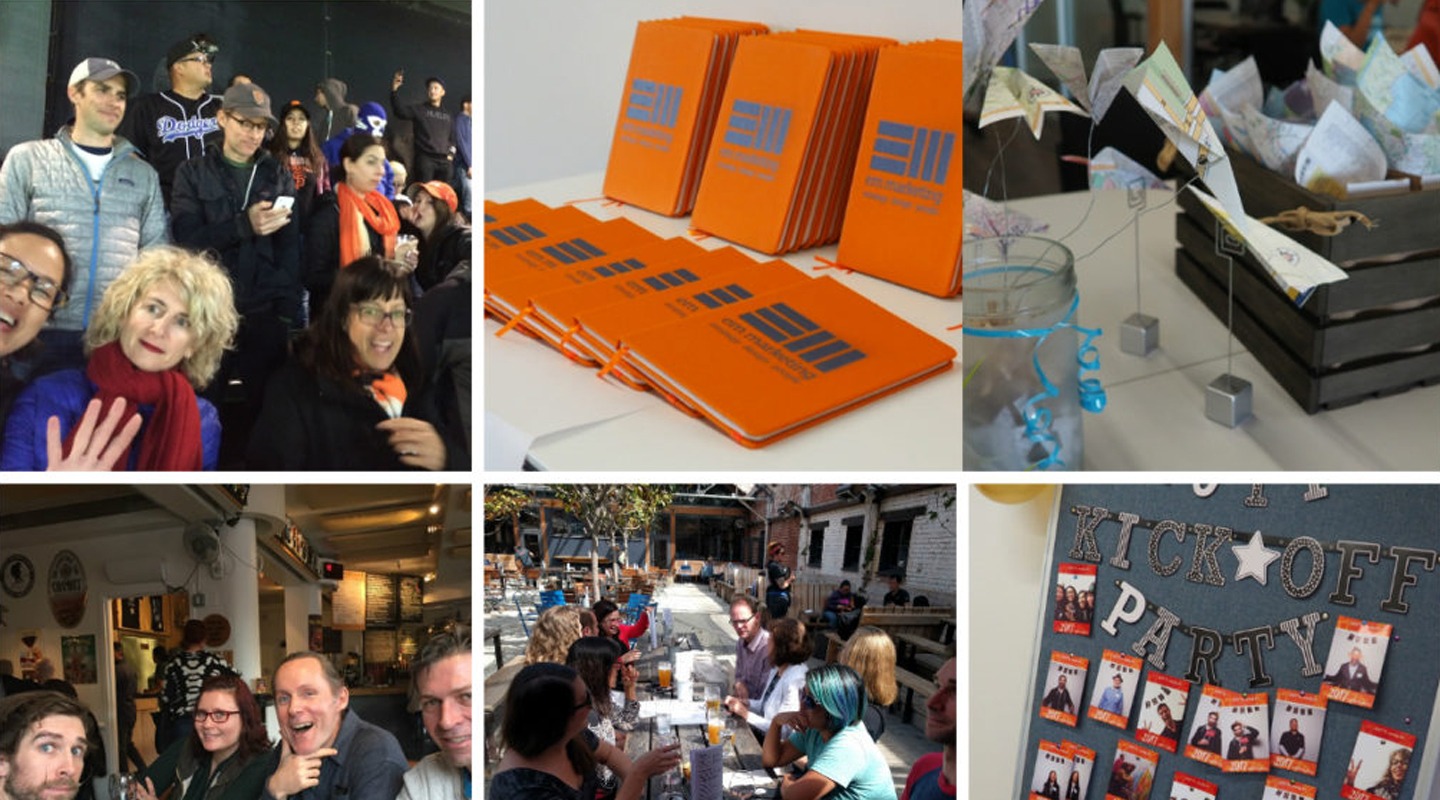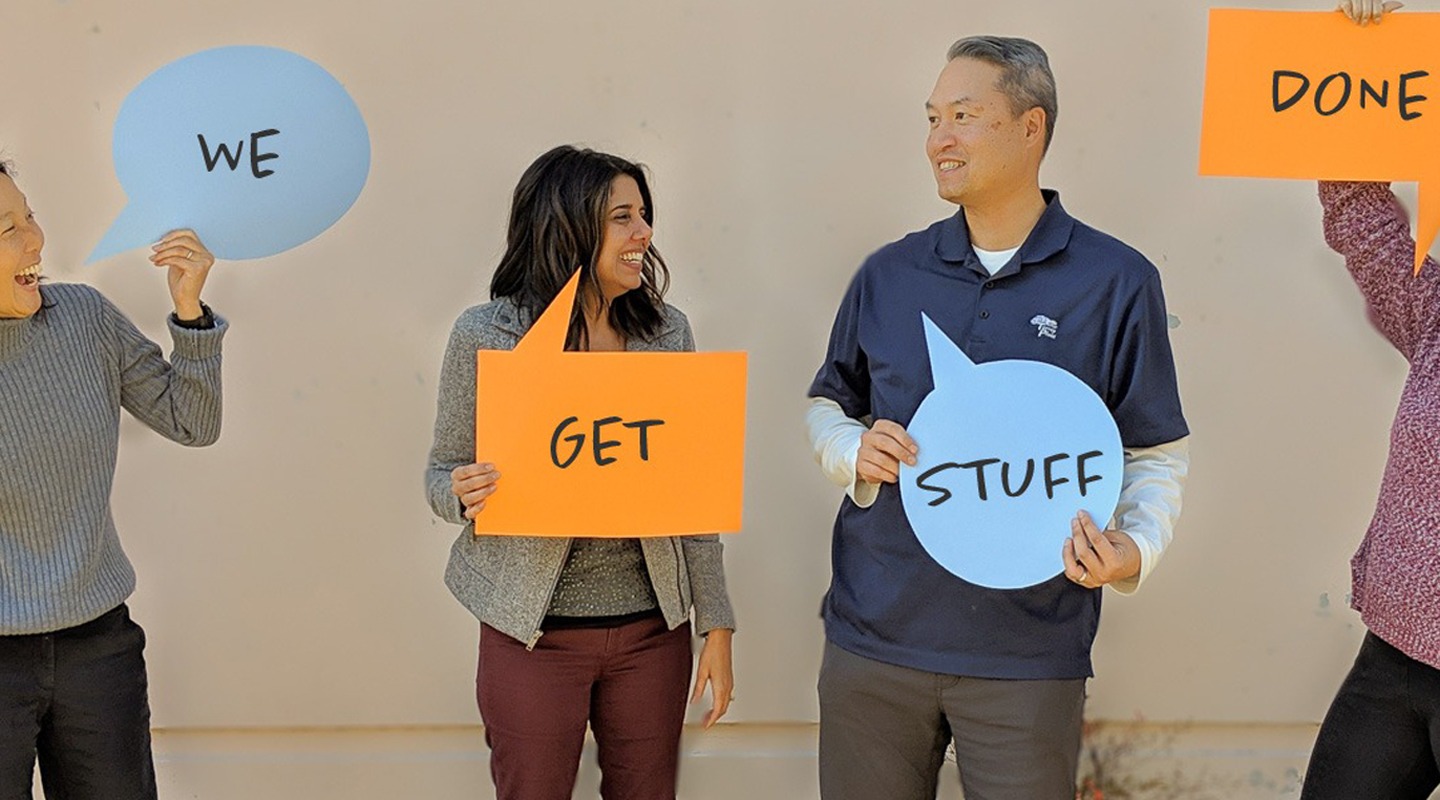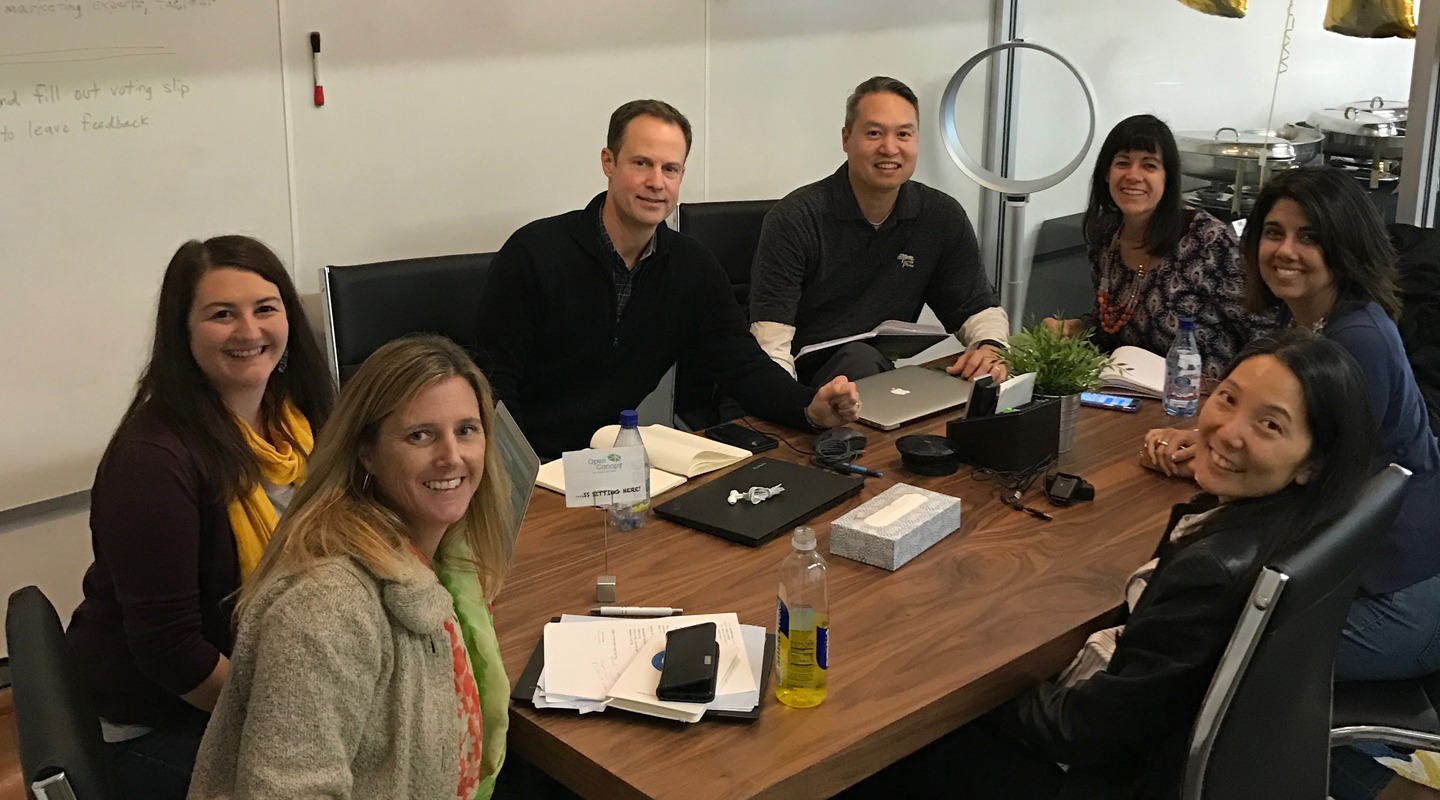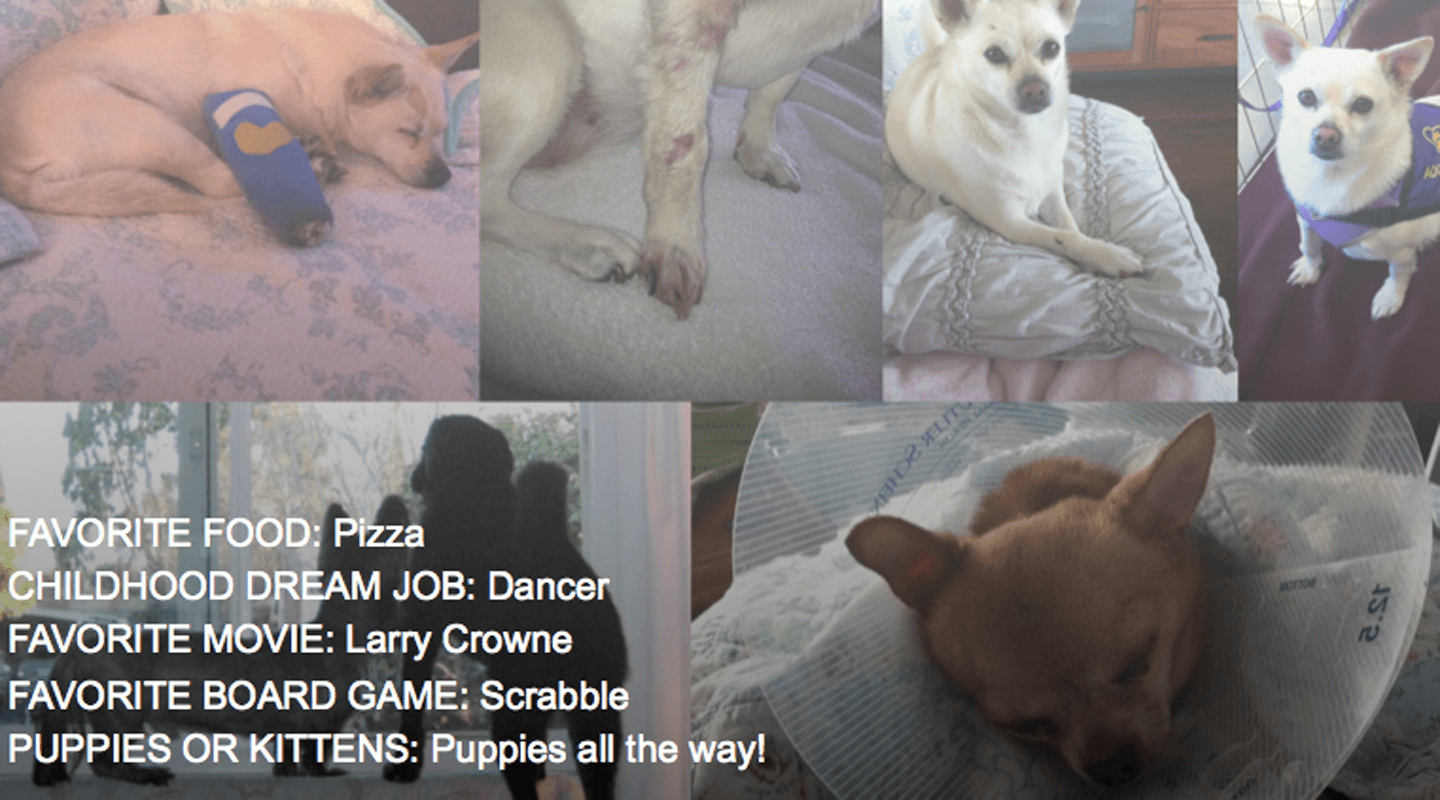
Fashioning a Successful Marketing Career: Meet Melissa Lin
November Consultant of the Month
What type of work do you do? What are you currently working on?
Melissa’s Keys to Success
- Broad marketing experience
- Exploring industries to find the right cultural fit
- Building a strong reputation within one company
- Exercising her creative side
- Continually learning
I would call myself a marketing generalist. I’ve worn many marketing hats, from site merchandising to developing content to e-commerce to email marketing. My last two contracts focused on content marketing, but I got pulled into other things outside the project scope. I didn’t mind because it kept the job interesting. I’m currently working on partner marketing for Intuit, which includes creating marketing assets to help our sales team pitch and land deals with partners.
Where do you work?
My current project has been remote. Previous contracts gave me an option to work remotely, but I prefer going into the office because I’m more mentally focused there. When you have a quick question, it’s easier to walk over to someone’s desk and ask than going back and forth on Slack.
What was your favorite project to work on?
I enjoyed working on a site merchandising strategy for Intuit’s Apps.com, figuring out what apps to elevate. Despite having a ton of traffic, there were no guiding principles, no stakeholder input, and no process for either.
I put together a plan that articulated the goals, strategies and KPIs, along with a quarterly review process where we could look at data and collaborate on fine tuning. All the stakeholders felt like they were being heard; everyone was in agreement on how it would work. It had a happy ending.
What are your favorite tech tools and productivity hacks?
Trello keeps me organized. I’m a big Excel person. I’m always making a list and checking things off. Also, setting up dashboards and analytics is always a big time saver to understand what performance looks like at a glance. I also like to stay organized with files. Sometimes you get bombarded with so many decks, assets and Google sheets. It’s critical to have a repository, such as a spreadsheet to keep track of everything, as well as a very organized Google Drive.
What path did you take to become a consultant?
I studied economics at Berkeley. Being in the Bay area, I realized I wanted to be in technology, and I started out as a product manager. After having worked at both big and small tech companies for a few years, I got tired of it and wanted to try something different. I veered off into fashion and home furnishings for a couple of years and realized how much I really missed technology.
For me, it’s a better cultural fit. I click better with the people who work in technology. I went to Shutterfly and did site merchandising and created marketing assets. I moved on to Tripadvisor, where I managed a team of site merchandisers.
Then I had a son and I kept working full time for a few years, but when he was about four, I found that my family needed more attention. I could either continue climbing up the corporate ladder or put my family first. So, I decided to go into consulting because I could stay active working, but it would give me more flexibility in terms of work-life balance.
In hindsight, would you have done anything differently?
I don’t tend to ask that question because I feel like my career has been an evolution. When I was very young and naive, I said, “I want to be a CEO by the time I hit a certain age.” I found it doesn’t work that way. Every job, every journey, builds on what went before. I am happy where I am today, and if this is the path I had to take to get here, then I made the right decisions.
What has been your biggest challenge about being a consultant? How have you addressed it?
Sometimes I think about going back to work full time. I think about the benefits I’m missing out on, like stock options for instance. But I also remember how much emotional overhead there is when you’re an employee. Now, I don’t have to worry about annual reviews, corporate training, company politics, reorgs, and things like that where you don’t have control over your career. You’re just captive to whatever the executive team decides to do. It’s very freeing to not have to worry about that.
What do you love about consulting?
I can size up a situation and come up with a plan because I’ve seen so many of the same situations over and over again. I can bring forth a solution or a proposal that makes sense and is actionable. That’s very satisfying. Another thing I like is that at the end of the day, I can disconnect and move on. I’m not worried about my career and my projects are short term. I don’t have work hanging over my head all the time.
How do you market yourself?
When I was new and didn’t have a track record with EM Marketing, I’d let them know which projects I was interested in. Now I’m at the point where EM knows me and what I’ve done. I think I have a good reputation with Intuit, and they know what I’m capable of. So, when the account managers come across something, I’ve been top of mind.
What are the things you like to do when the work slows down?
I have a sewing and refashioning blog called Trevor Loves Mommy. The primary theme is about taking old clothing and making something new. It keeps the readers on their toes: What is she going to do with that ugly dress? I’m not selling anything; just sharing creative ideas and some entertainment value. I have readers that don’t sew but they like the surprise element.
It’s also a way to keep my skills fresh. I regularly publish content, promote it on social media, look at SEO, and think about ways to drive more traffic. With analytics, I understand how customers are engaging with my site. In one way, it’s a portfolio of my work. But it’s also a site where I can continuously learn new marketing tactics and experiment. It forces me to learn new things.
This year, I just finished a data science bootcamp. I know how to code, how to deal with big data, machine learning and visualization. I realized I need to understand this. I even thought I wanted to be a data scientist, but after a lot of soul searching, I realized I’m just interested in it but don’t want it to be a career.

What’s one tip you would give to new consultants?
Be patient. Wait for the right opportunity. Don’t try to force-fit yourself into something that isn’t right for you just because you feel anxious about not making money. You’re going into consulting because you want to do something you like, you’re good at, and where you can offer value.
